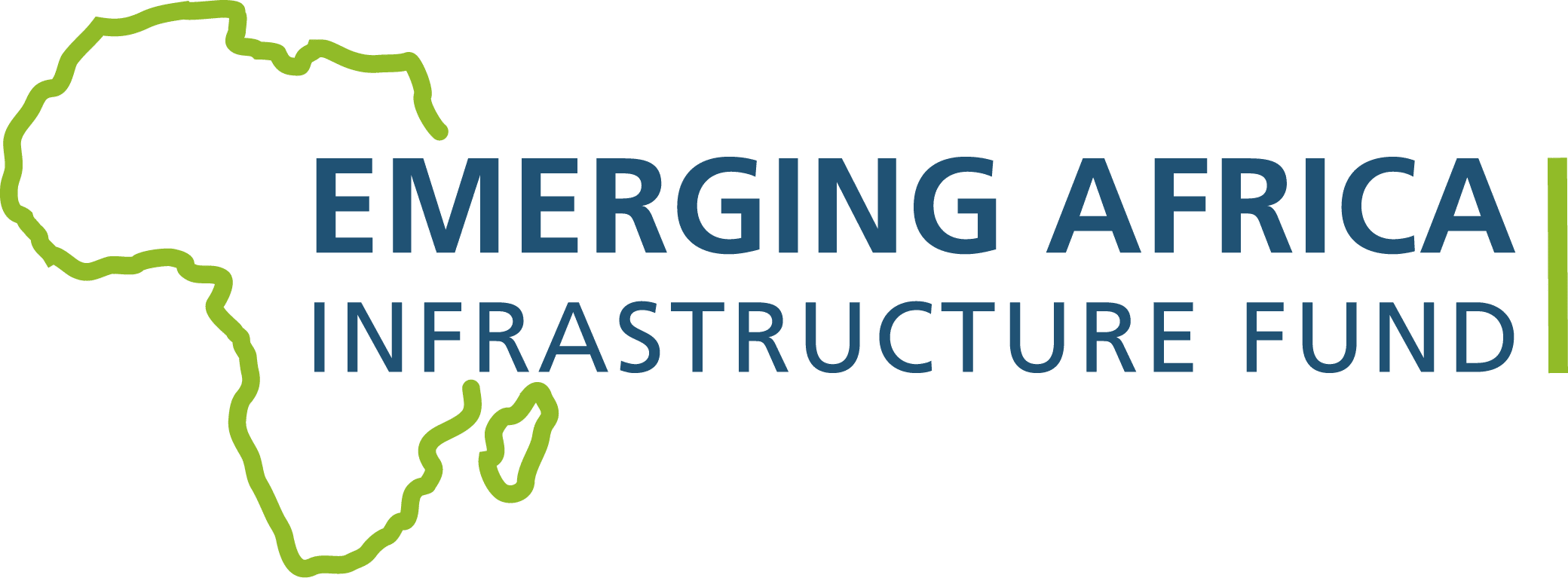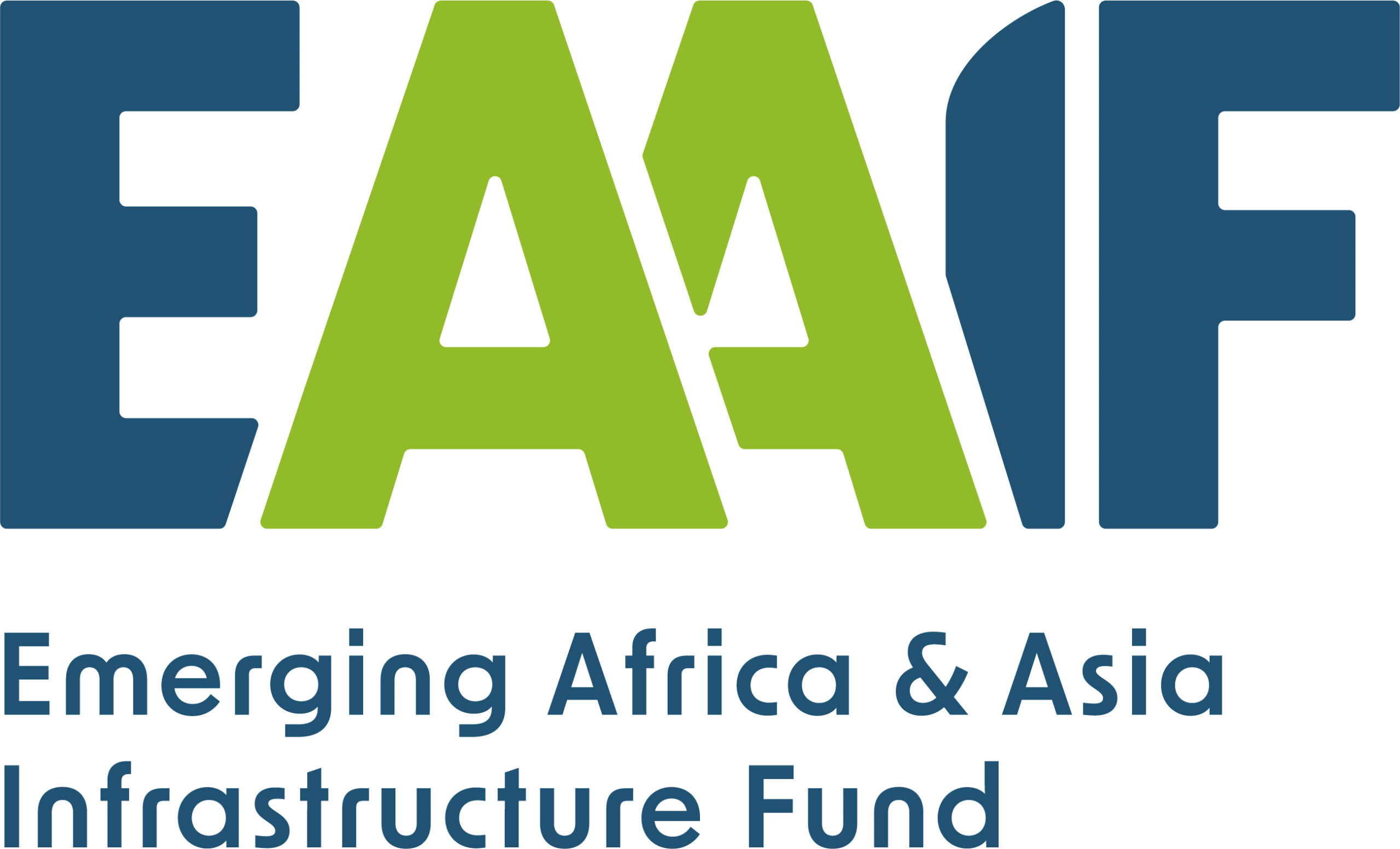
Number of women in the workforce at EAIF-backed Rwanda project higher than comparable UK and Australia figures

Writing last year in the UK construction industry magazine, “Building”, Simon Rawlinson, a member of the UK Construction Leadership Council, reported that the female share of the construction industry workforce in UK has been stuck at around 14% for over 20 years. Most of that 14% are office based, with just 2% working on site. The Guardian newspaper has reported that in Australia in 2016 women made up only 12% of the construction workforce, down from 17% 10 years ago.
It’s a better story in Rwanda – the Emerging Africa Infrastructure Fund (EAIF), a Private Infrastructure Development Fund (PIDG) company, was the lead arranger of the US$60 million of finance that the Kigali Water Company (KWL) is using to build a new water treatment facility. Located in the outskirts of the capital city of Kigali, the new facility will daily supply clean, fresh, affordable water to some 500,000 people, and is expected to be open for business in 2021.
The numbers employed in the construction phase of the KWL project has ranged from around 250 to as high as 600, but the percentage of women working on the site has stayed steady at 17%. When the plant becomes operational, around 30% of the full-time workforce will be women. This compares to a UK figure of women in the water industry of under 1%, according to a briefing paper compiled by the British House of Commons Library and published on 4th March 2020.
EAIF is a PIDG company and committed to PIDG policies. It closely monitors every project it lends to. Improving outcomes for women and girls is fundamental to PIDG’s mission to improve infrastructure for economic development and poverty reduction. Improving women’s participation in the workforce leads to major gains in productivity and growth, and infrastructure projects that don’t address the needs and concerns of women are at greater risk of failure.
